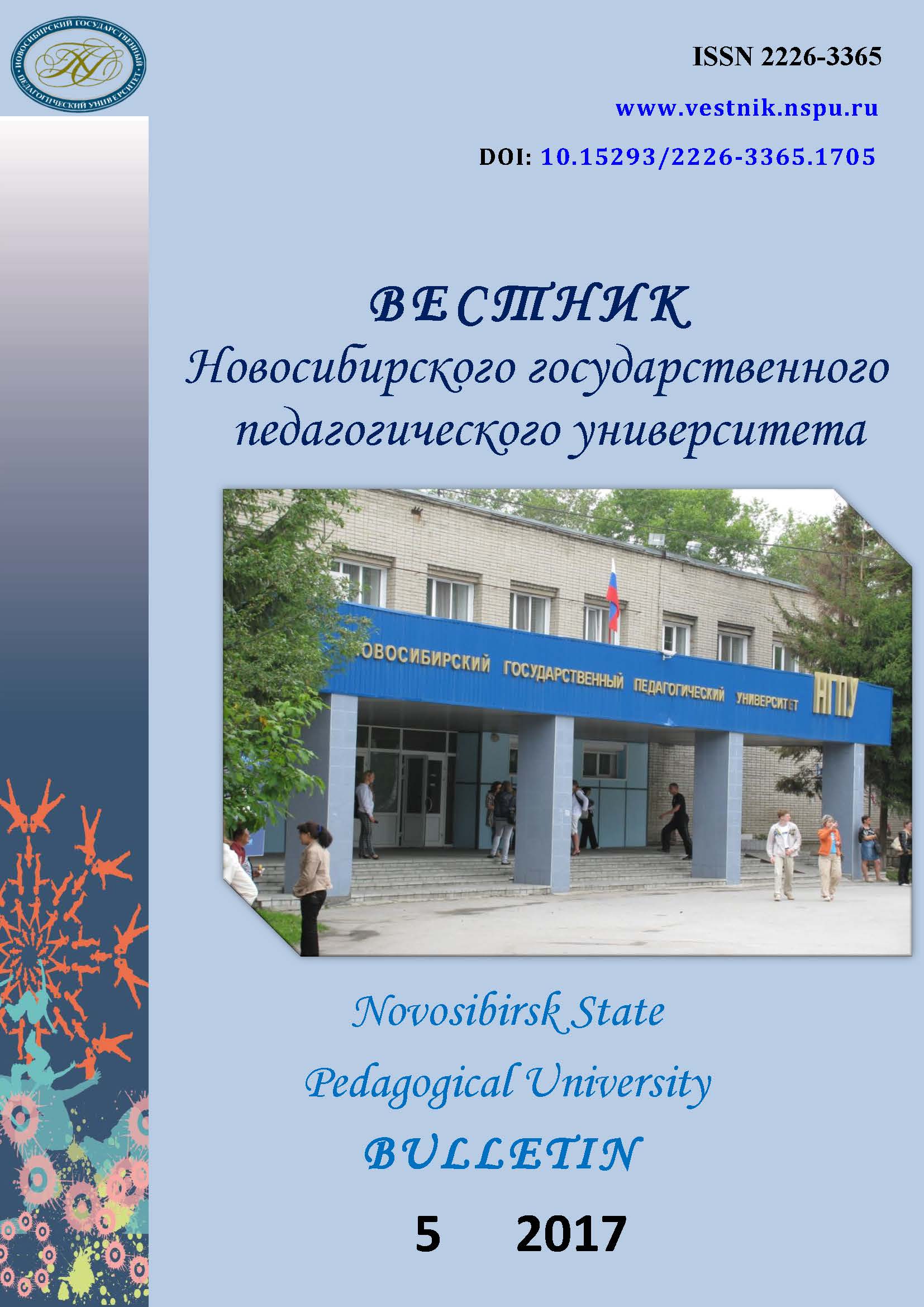Особенности влияния эмоционального интеллекта на показатели кардиоритма младших школьников
Peculiarities of influence of emotional intelligence
on the heart rate indicators of primary schoolchildren
Author(s): Alexander Viktorovich DobrinSubject(s): School education, Individual Psychology, Health and medicine and law, Sociology of Education
Published by: Новосибирский государственный педагогический университет
Keywords: Emotional intelligence; Heart rate; Heart rate variability; Heart rate regulation; Autonomic nervous system; Emotional stress; Primary schoolchildren
Summary/Abstract: Introduction. The article presents the results of studying the relationship between the indices of the heart rate variability (HRV) and emotional intelligence (EI) in children. The purpose of this article is to investigate the peculiarities of heart rate regulation of primary schoolchildren with different levels of emotional intelligence, since the significance of revealing the relationship between HRV parameters and the level of EI in 7–8-year-old children is due to both the individualization of the learning process, on the one hand, and the need to preserve children’s health, on the other. The peculiarities of heart rate regulation reflect the specificity of adapta-tion to changing conditions. The analysis of the relationship between HRV and EI of children makes it possible to detect the specificity of heart rate regula-tion associated with emotional activity and on this basis to predict the features of adaptation to primary schooling. Materials and Methods. 150 primary schoolchildren were included in this study. The research methods included methods of measuring emotional intelligence ("Emotional pictogram", "Complete the drawing: the world of things – the world of people – the world of emotions", "Three wishes"). The HRV study was carried out by means of the OMEGA-M software and hardware system. Results. The research findings revealed that the level of emotional intelligence affects the heart rate regulation of primary schoolchildren. The participants demonstrated average and high levels of emotional intelligence. It is shown that the higher the emotional intelligence, the higher are the activity parameters of the parasympathetic division of the autonomic nervous system and the more accurately heart rate variability reflects the emotional characteristics of the situation. Conclusions. The author concludes that emotional intelligence is a parameter of the internal emotional state regulation and the higher the level of EI the more effective is the vegetative heart rate regulation in the situation of emotional stress. Based on the obtained results, the importance of the EI parameter in the regulation of physiological and psychological features is emphasize, as it reflects the child's ability to assess the significance of the emotional situation, which contributes to effective planning of one's own behavior, and effective adaptation in emotional conditions.
Journal: Вестник Новосибирского государственного педагогического университета
- Issue Year: 7/2017
- Issue No: 5
- Page Range: 94-111
- Page Count: 18
- Language: Russian

